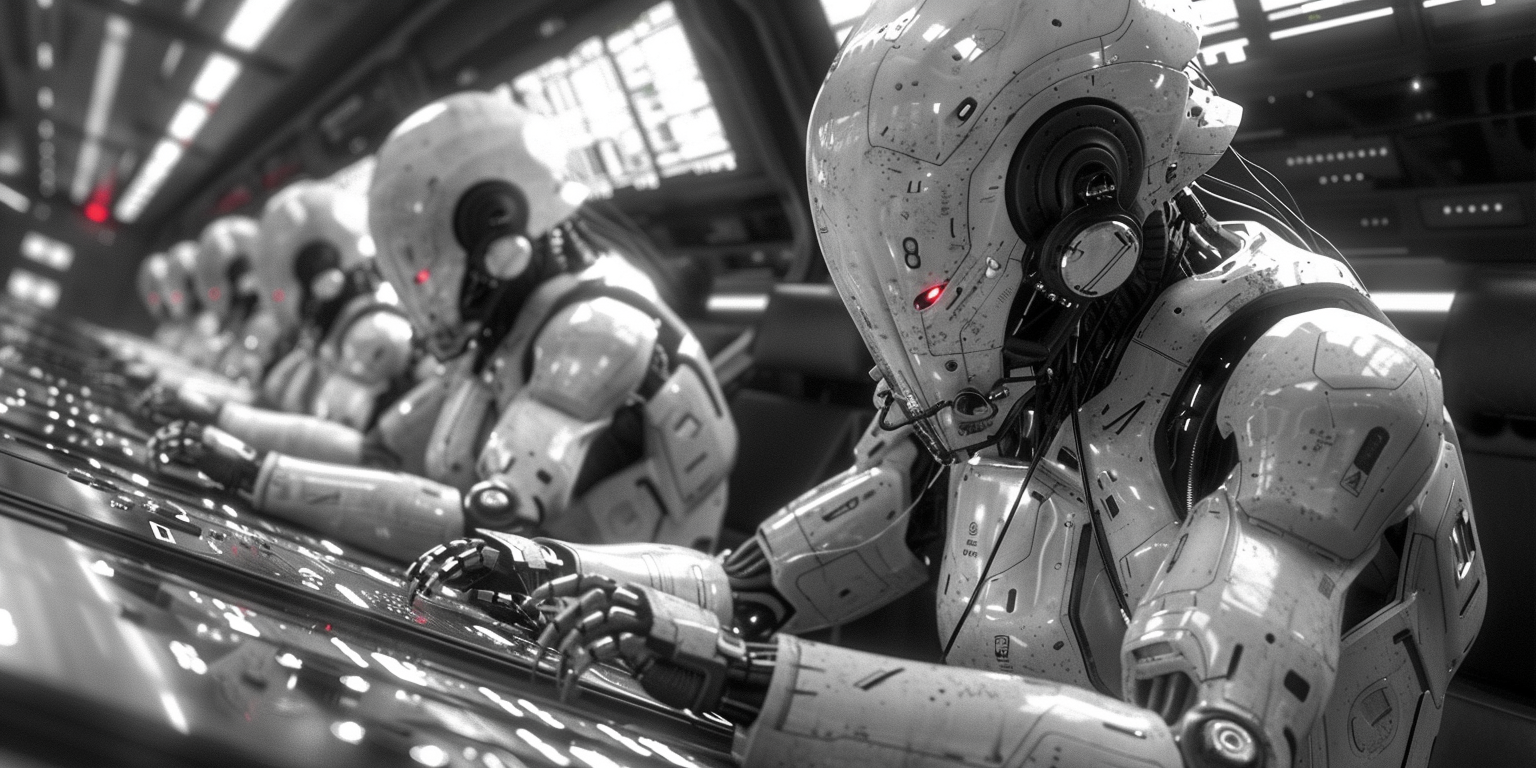A Balanced Perspective on Risks and Benefits of Artificial Intelligence.
AI and ChatGPT: Should We Be Scared?
In today's rapidly evolving world, artificial intelligence (AI) has become an integral part of our daily lives. One prominent example is ChatGPT, an AI language model developed by OpenAI. While AI offers numerous advantages, it also presents potential risks. In this blog post, we will explore both the benefits and drawbacks of AI and ChatGPT, ultimately addressing the question: should we be scared?
Benefits of AI and ChatGPT:
- Enhanced Productivity and Efficiency:
- AI systems, including ChatGPT, can automate repetitive tasks, enabling businesses and individuals to save time and resources. This increased efficiency can lead to higher productivity and economic growth.
- Improved Decision-Making:
- AI-driven insights and predictive analytics can empower decision-makers with valuable information to make better-informed choices in various sectors, such as healthcare, finance, and logistics.
- Innovation and Creativity:
- AI can generate new ideas, solve complex problems, and even inspire artistic creations. ChatGPT, for example, can assist in brainstorming, content generation, and even code development.
- Personalized Services:
- AI allows for greater personalization in the delivery of products and services, catering to individual needs and preferences. This can lead to higher customer satisfaction and loyalty.
Risks of AI and ChatGPT:
- Privacy and Security Concerns:
- AI technologies, like ChatGPT, rely heavily on vast amounts of data. This raises concerns about user privacy and the potential misuse of personal information. Additionally, as AI systems become more advanced, the risk of cyberattacks and data breaches increases.
- Unemployment and Job Displacement:
- The automation of tasks by AI could lead to job displacement and a potential increase in unemployment, particularly in industries that rely on repetitive tasks.
- Ethical Considerations and Bias:
- AI systems may unintentionally reinforce societal biases or discriminate against certain groups if not properly designed and monitored. AI models may also struggle with handling controversial topics, leading to ethical concerns.
- Dependence on AI:
- Increased reliance on AI systems can lead to a loss of essential human skills, such as critical thinking and problem-solving. This dependence may also result in individuals becoming more vulnerable to AI-generated misinformation or manipulation.
In conclusion:
AI and ChatGPT offer numerous benefits that have the potential to improve lives and drive innovation. However, it is crucial to recognize and address the risks associated with these technologies. By implementing appropriate regulations, ethical guidelines, and privacy measures, we can work towards harnessing the potential of AI while minimizing its downsides.
So, should we be scared? Not necessarily. Rather than being fearful, we should be vigilant and proactive in ensuring the responsible development and use of AI technologies like ChatGPT. By doing so, we can create a future where AI systems contribute positively to society while mitigating potential risks.